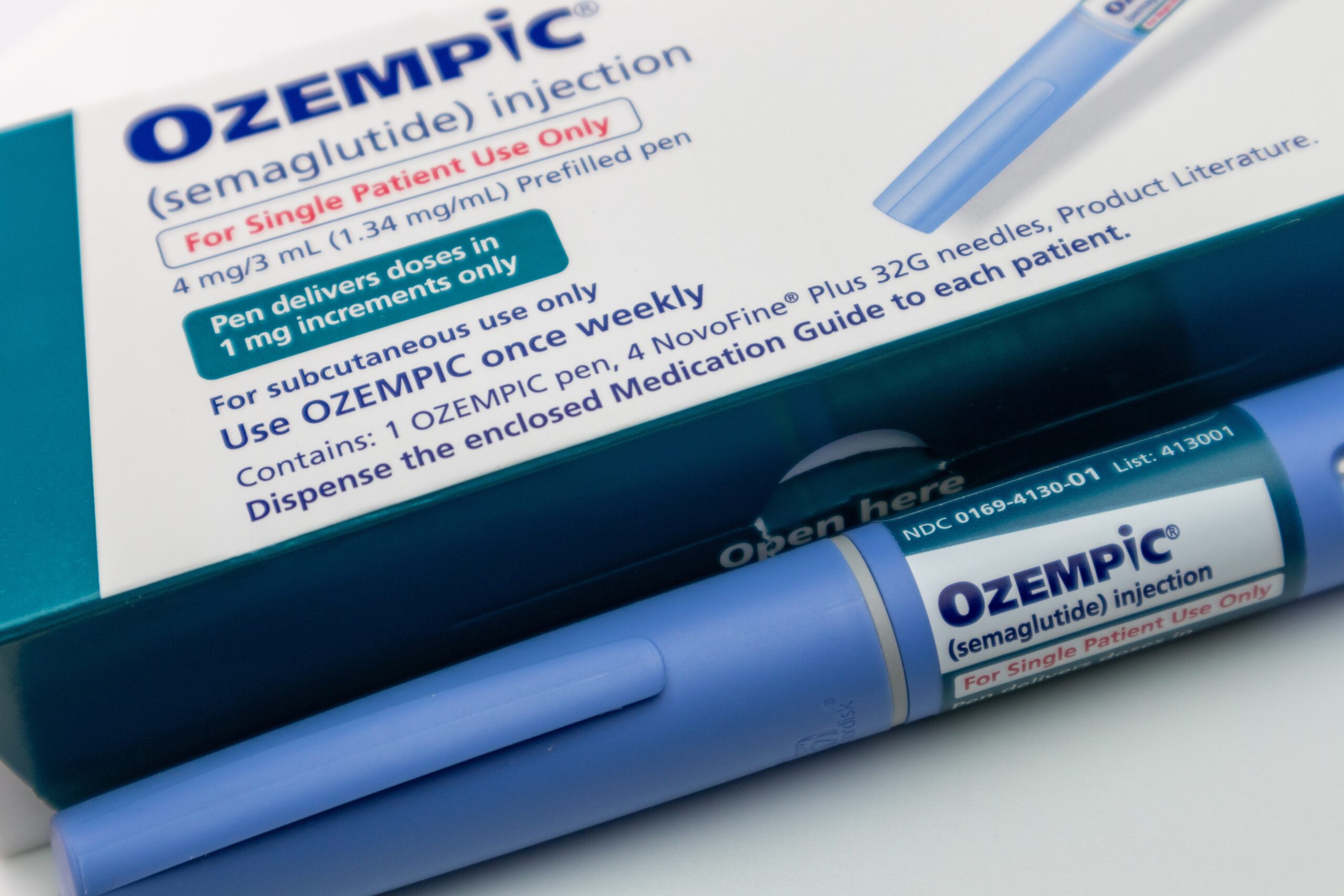Table of Contents

Popular weight-loss medication Ozempic shows promising results in reducing alcohol cravings, potentially opening a new frontier in addiction treatment.
At a Glance
- A study of 48 adults showed those taking semaglutide (Ozempic) experienced significant reductions in alcohol consumption compared to those on placebo
- Nearly 40% of participants in the semaglutide group reported no heavy drinking days, compared to just 20% in the placebo group
- The same brain pathways that control appetite appear to influence alcohol cravings, suggesting GLP-1 drugs could treat multiple types of addiction
- Larger clinical trials are needed to confirm these preliminary findings before FDA approval for addiction treatment
How Ozempic Affects Alcohol Cravings
Researchers have discovered that medications like Ozempic and Wegovy, known as GLP-1 receptor agonists and originally developed for diabetes and weight management, may have unexpected benefits for people struggling with alcohol addiction. The study, published in JAMA Psychiatry and funded by the National Institute on Alcohol Abuse and Alcoholism, found that participants receiving semaglutide (the active ingredient in Ozempic) drank about half the amount of alcohol compared to those receiving a placebo during controlled laboratory tests. The medication appears to work by influencing the same brain pathways that regulate hunger and fullness, potentially dampening the reward response associated with alcohol consumption.
The connection between appetite control and addiction pathways is not entirely surprising to researchers who have long observed overlapping brain mechanisms. The study involved 48 adults with symptoms of alcohol use disorder who were given either semaglutide or a placebo over a two-month period. Participants underwent brain imaging to measure their neural responses to alcohol-related stimuli and provided blood samples to verify changes in drinking habits. The results showed remarkable differences between the two groups, with the semaglutide group exhibiting significantly reduced cravings and consumption.
Ozempic: A Promising Ally in Reducing Alcohol Consumption? 🍹
1️⃣ Ground breaking Findings: In a small, controlled clinical trial of 48 individuals with moderate alcohol-use disorder, those treated with low doses of semaglutide (the active ingredient in Ozempic) consumed… pic.twitter.com/cSALy0k3TU
— Pharmica (@pharmicauk) February 13, 2025
A Potential Breakthrough for Addiction Treatment
Current treatments for alcohol use disorder have significant limitations. There are currently only three FDA-approved medications for alcohol addiction, none of which are highly effective for most patients. This has created an urgent need for new therapeutic approaches, especially considering that alcohol use disorder affects 10-15% of Americans, with alcohol-related deaths increasing since the COVID-19 pandemic. The new research on GLP-1 drugs represents a potential paradigm shift in how addiction is treated, addressing the neurobiological mechanisms of craving rather than simply managing withdrawal symptoms.
Joseph Schacht, PhD, who is conducting related research at the University of Colorado School of Medicine, has likened the potential impact to a "Prozac moment" for alcohol addiction treatment. His study is examining not only changes in drinking behavior but also how the brain responds to alcohol-related cues while under the influence of semaglutide. Preliminary results indicate that participants are significantly reducing their alcohol consumption, though not necessarily achieving complete abstinence—supporting a harm reduction approach that acknowledges benefits from decreased drinking such as improved sleep and lower blood pressure.
Important Limitations and Next Steps
Despite the encouraging results, researchers emphasize the need for larger randomized clinical trials before these medications can be approved for treating addiction. One notable limitation emerged from the study: participants with normal body weight (BMI less than 30) initially showed reduced drinking but experienced a rebound increase in heavy drinking days after four weeks on the medication. This raises questions about the safety and efficacy of these drugs for individuals who are not overweight, especially given their known side effects including weight loss, nausea, and gastrointestinal issues.
The study also found that smokers who received semaglutide reduced their cigarette consumption, suggesting potential applications beyond alcohol addiction. Researchers are optimistic about the broader implications for addiction medicine, with the popularity of Ozempic and similar drugs potentially increasing the chances of broad adoption if approved for treating substance use disorders. Clinical trials are already underway to further investigate these effects, with the hope that GLP-1 receptor agonists could eventually offer millions of people struggling with addiction a new path to recovery.
Sources:
https://www.pbs.org/newshour/health/study-suggests-obesity-drugs-could-help-with-alcohol-cravings
